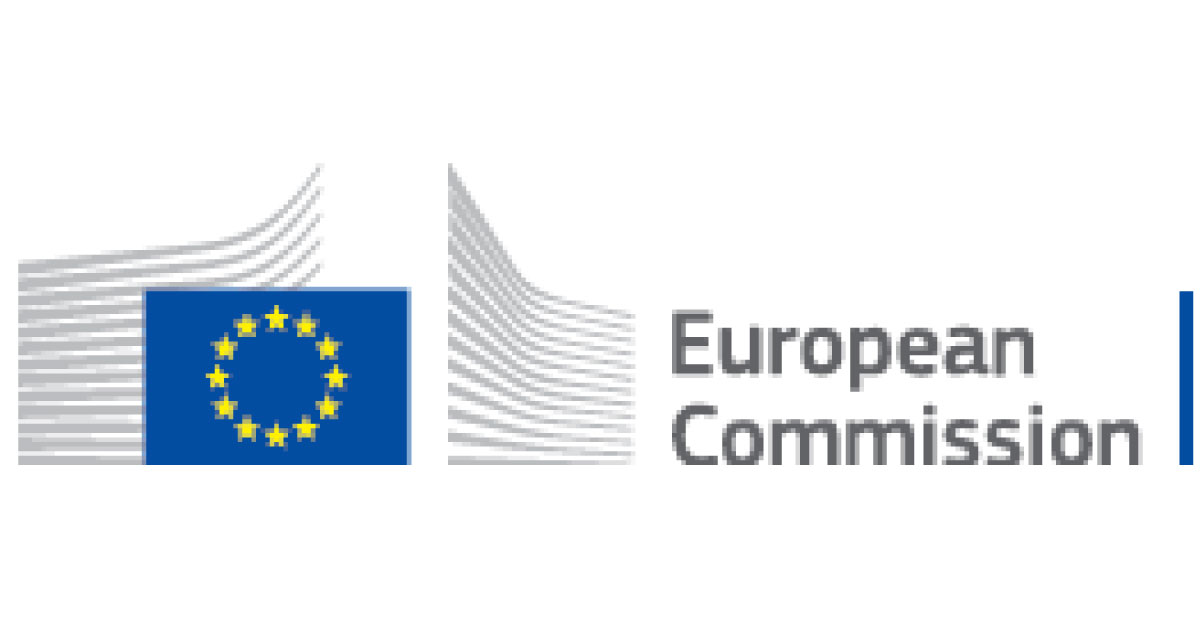The European Commission has approved, under EU State aid rules, a €350 million German scheme to support the production of renewable hydrogen through the European Hydrogen Bank's “Auctions-as-a-Service” tool. The German measure is in line notably with the objectives of the REPowerEU Plan and the European Green Deal Industrial Plan. It will contribute to further reducing imports of Russian fossil fuels and fast forward the green transition.
The German Scheme
Germany notified the Commission of its intention to introduce a €350 million scheme to support the production of renewable hydrogen through the “Auctions-as-a-Service” tool within the European Hydrogen Bank. The approved scheme will support the construction of up to 90 MW of electrolysis capacity and is expected to incentivize the production of up to 75,000 tons of renewable hydrogen. This will help Germany achieve its ambition to have at least 10 GW of domestic electrolysis capacity by 2030 and contribute to the EU target of a minimum of 42.5% renewable energy production by 2030, with the aim of reaching 45%.
The aid will be awarded through a competitive bidding process supervised by the European Climate, Infrastructure, and Environment Executive Agency (CINEA). The bidding closed in February and the Agency is currently assessing and ranking bids for projects in all Member States. The support provided under this German scheme will be open to companies planning to construct new electrolysers in Germany.
Under the scheme, the aid will take the form of a direct grant per kilogram of renewable hydrogen produced. The aid will be granted for a maximum duration of ten years. Beneficiaries will have to prove compliance with EU criteria for the production of renewable fuels of non-biological origin (RFNBOs). This includes contributing to the deployment or financing of the additional renewable electricity which is needed to produce the hydrogen supported under the scheme.
The Commission's Assessment
The Commission assessed the measure under EU State aid rules, in particular Article 107(3)(c) of the Treaty on the Functioning of the European Union, which enables Member States to support the development of certain economic activities under certain conditions, and the 2022 Guidelines on State aid for climate, environmental protection and energy (‘CEEAG'). In particular, the Commission found that:
- The scheme is necessary and appropriate to facilitate the production of renewable hydrogen and thus the decarbonization of the industrial, transport and/or energy sectors.
- The measure has an incentive effect, as the beneficiaries would not carry out the relevant investments without the public support.
- Germany put in place sufficient safeguards to ensure that the scheme has a limited impact on competition and trade within the EU. In particular, the beneficiaries will be selected following an open, transparent and non-discriminatory bidding process and the aid will be kept to the minimum necessary to undertake the projects.
- The aid will bring about positive effects, in particular on the environment, in line with the European Green Deal, that outweigh any possible negative effects in terms of distortions to competition.
On this basis, the Commission approved the German scheme under EU State aid rules.
Find out more at https://ec.europa.eu/commission/presscorner/detail/en/ip_24_657.


